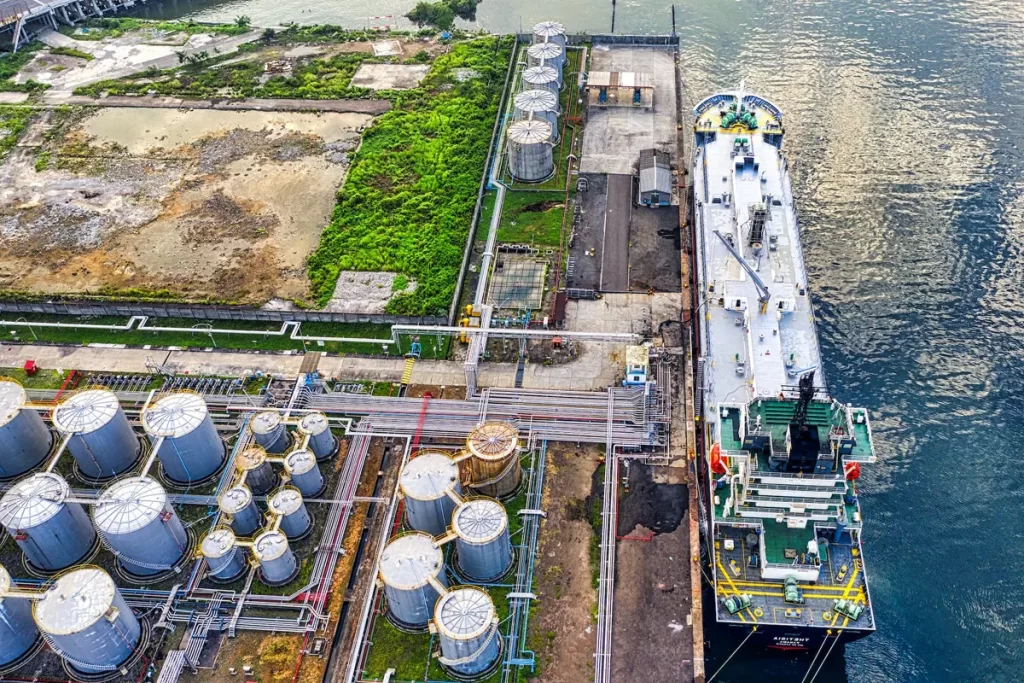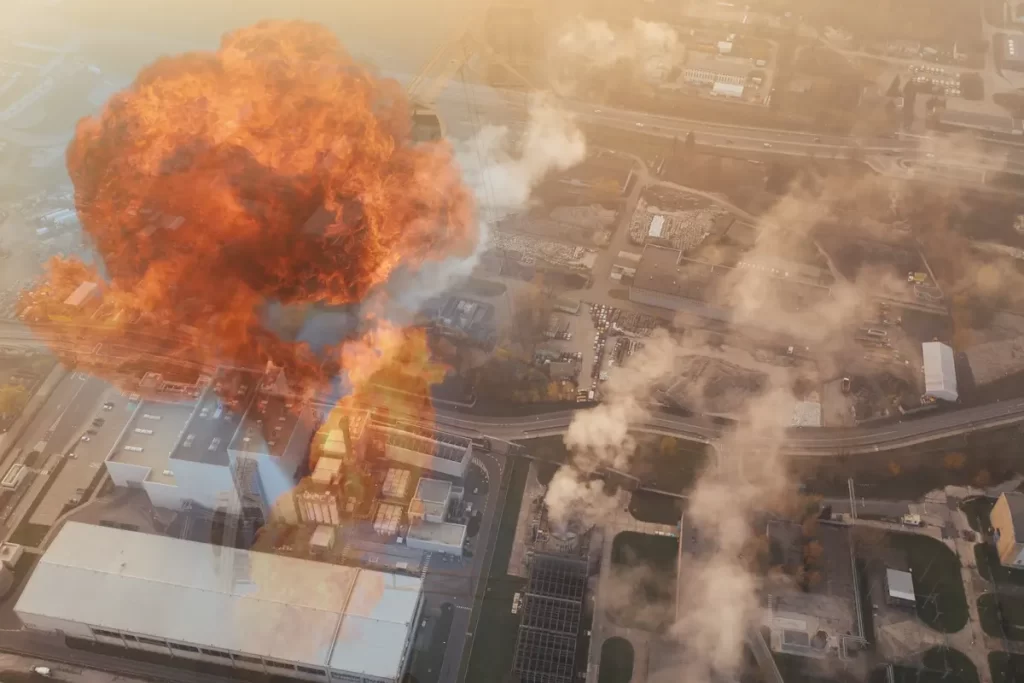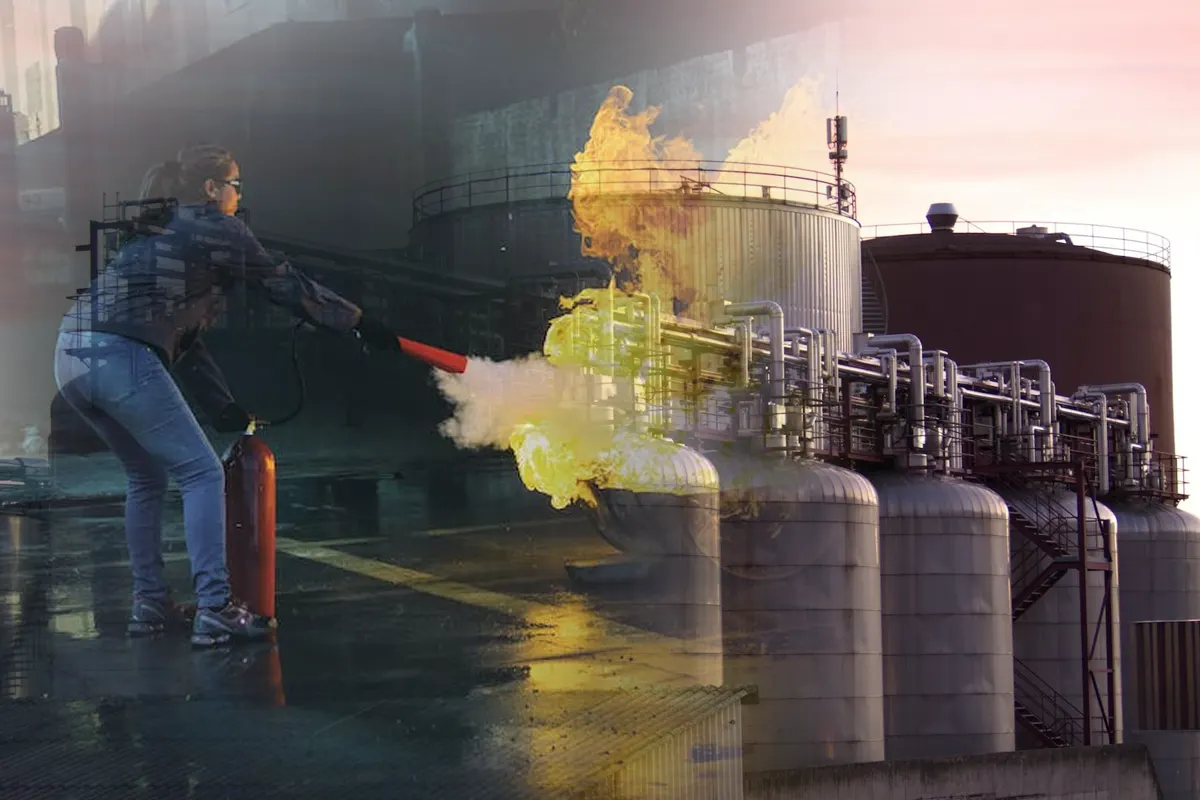Refinery fire is a catastrophic event that can have serious consequences for the environment, human health and the economy. Refinery fire often occur in oil refinery, petrochemical plants and other industrial facilities that process and store flammable materials. By analyzing the risks associated with these events, we must work to create a safer and more sustainable future.
Cause of Refinery Fire
Equipment Failure
One of the main causes of refinery fire is equipment failure. This can include mechanical breakdowns, corrosion, and wear and tear on machinery. When equipment fails, it can lead to leaks, spills, and other hazardous situations that can ignite a fire.
Human Error
Human error is another significant factor in refinery fire. Mistakes made during routine maintenance, improper handling of hazardous materials, and miscommunication between workers can all contribute to the ignition of a fire.
Natural Disasters
Natural disasters, such as earthquakes, hurricanes, and floods, can also lead to refinery fire. These events can cause damage to infrastructure, resulting in leaks and spills that can ignite a fire.
Consequences of Refinery Fire
Environmental Impact
Refinery fire can have a devastating impact on the environment. The release of toxic chemicals and pollutants into the air, water, and soil can harm ecosystems and wildlife. Additionally, the smoke and particulate matter released during a fire can contribute to air pollution and climate change.
Human Health
The toxic chemicals and pollutants released during refinery fire can pose significant health risks to nearby communities. Exposure to these substances can cause respiratory issues, skin irritation, and other health problems. Moreover, the stress and anxiety associated with refinery fire can have long-lasting psychological effects on those affected.
Economic Loss
Refinery fire can result in substantial economic losses. The destruction of infrastructure, equipment, and inventory can cost millions of dollars to repair and replace. Additionally, the temporary or permanent closure of a refinery can lead to job losses and a decrease in local economic activity.

How to Prevent a Refinery Fire?
Regular Maintenance and Inspections
Regular maintenance and inspections of refinery equipment can help identify potential issues before they become critical. By addressing these problems early, the risk of equipment failure and subsequent refinery fire can be significantly reduced.
Employee Training and Safety Protocols
Proper training and adherence to safety protocols are essential in preventing refinery fire. Employees should be well-versed in the handling of hazardous materials, emergency response procedures, and communication protocols. Regular drills and safety meetings can help reinforce these practices and ensure that all workers are prepared in the event of an emergency.
Fire Detection and Suppression Systems
Investing in advanced fire detection and suppression systems can help minimize the damage caused by refinery fire. These systems can quickly detect and extinguish fires, limiting their spread and reducing the overall impact on the facility and surrounding areas.
Emergency Response Planning
Having a well-developed emergency response plan in place is crucial for mitigating the effects of a refinery fire. This plan should outline the roles and responsibilities of all personnel, as well as the procedures for evacuating the facility, notifying emergency responders, and coordinating with local authorities.
Common Locations of Refinery Fire
Texas is the state where refinery fires are most common. There is Texas refinery fire about once every 2 or 3 years. The high number of oil refineries in Texas has pushed it to the top of the list of potential refinery fire areas. The last Texas refinery fire in 2023 resulted in injuries to 4 workers.

We Can Reduce Refinery Fire
Refinery fire are a major concern for the environment, human health and the economy. By understanding the causes and consequences of these events, we can take proactive steps to prevent them and minimize their impact. Regular maintenance, employee training, advanced fire detection and suppression systems, and comprehensive emergency response planning are key components of a sound refinery fire prevention strategy. By prioritizing safety and preparedness, we must work towards a more sustainable and safe future for our communities and the environment.

